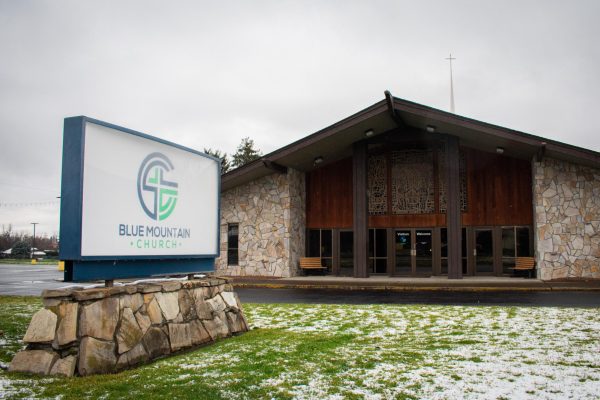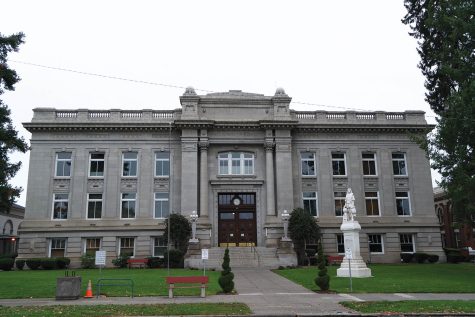Walla Walla housing crisis continues
February 23, 2023

Walla Walla continues to face a housing affordability crisis as soaring rents and home prices leave many residents struggling to find affordable housing options that fit their budget. Local officials, community advocates and developers are continually working together to find solutions.
On Feb. 8, the Walla Walla City Council voted on zoning changes that could make it harder for landowners to convert mobile home parks to other types of land use. This decision protects residents of mobile homes from displacement.
For the past two years, elderly residents have been urging the Walla Walla City Council to prevent the redevelopment of local manufactured housing parks. Organizers and residents responsible were present when the Council voted to modify the municipal code in order to achieve this goal.
The Walla Walla Housing Authority is a public corporation that aims to provide equitable housing opportunities for low to moderate-income families. They operate under their enabling legislation and were created by the 1937 Housing Act. Their primary focus is to provide safe, decent and affordable housing in the City of Walla Walla.
Executive director of the Walla Walla Housing Authority Renee Rooker spoke about the corporation’s vision for affordable housing.
“The Walla Walla Housing Authority creates equitable housing opportunities for low to moderate-income families to prosper with dignity and respect. We are a public corporation and have our enabling legislation under Washington State law,” Rooker said. “It is our charge to provide safe, decent [and] affordable housing for the jurisdiction we serve.”
The Walla Walla Housing Authority does not only serve people within the city but within the entire Walla Walla county.
“Our main focus is the city of Walla Walla, but we are authorized to serve the county in which we do. We also provide rental assistance in Columbia County. We have a variety of programs that serve a very diverse population,” Rooker said.
The Whitman College Chapter of the American Association of University Professors has raised concerns over housing for Whitman faculty due to rising housing costs.
In a public statement, the WCAAP discussed the challenges created by the increase in housing costs with respect to faculty salaries. Associate Professor of Art History and WCAAP President Lisa Uddin and Associate Professor of Politics and WCAAP Vice President Jack Jackson signed off on the document.
“In the past decade, the price of housing in Walla Walla has skyrocketed upwards; by contrast, faculty salaries have not. Housing is already a serious issue for hiring and retention, and as Walla Walla becomes ever more a wine tourism town, the housing challenges confronting faculty are likely to grow even worse,” the statement reads.
The issue of affordable housing impacts families within a large range of income, according to the Walla Walla Housing Authority.
“[Rising rent costs] has impacted very low to moderate-income families, particularly those on a fixed income and employed in a minimum wage job,” Rooker said.
Visiting Assistant Professor of Classics Brian Jorge Bigio spoke about his experience with housing in Walla Walla.
“I was hired late, in May 2022, so [Whitman College] was not able to offer me housing; the deadline had already passed,” Bigio said. “I was very lucky to find housing through a long-term rental with an Airbnb.”
Bigio described a different perspective on rising housing costs compared to his former residence in California. The housing costs in Walla Walla provided a sense of comfort for him.
“Coming from the Bay Area in California, it was a relief to come to Walla Walla. Paying here for an apartment is probably less than half of what you would pay in California, so that was a relief. Actually, the salary is enough to cover that rental,” Bigio said.
Rooker states her view on city-wide initiatives to help improve the housing crisis in Walla Walla.
“The Housing Authority’s vision is housing for all. We are about the entire community … anything is possible with enough resources to support an initiative(s),” Rooker said.







